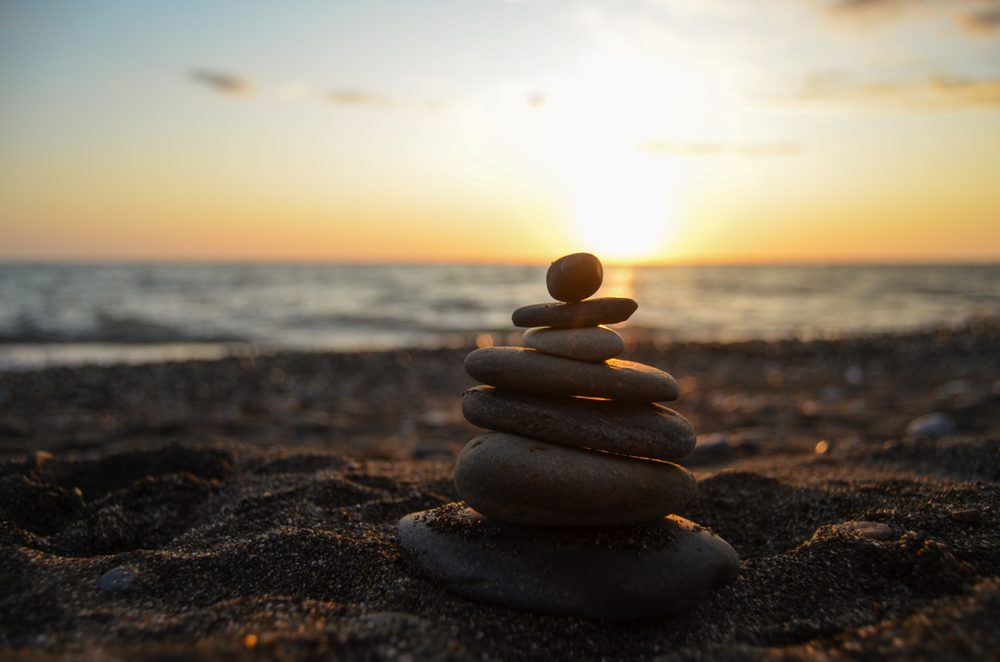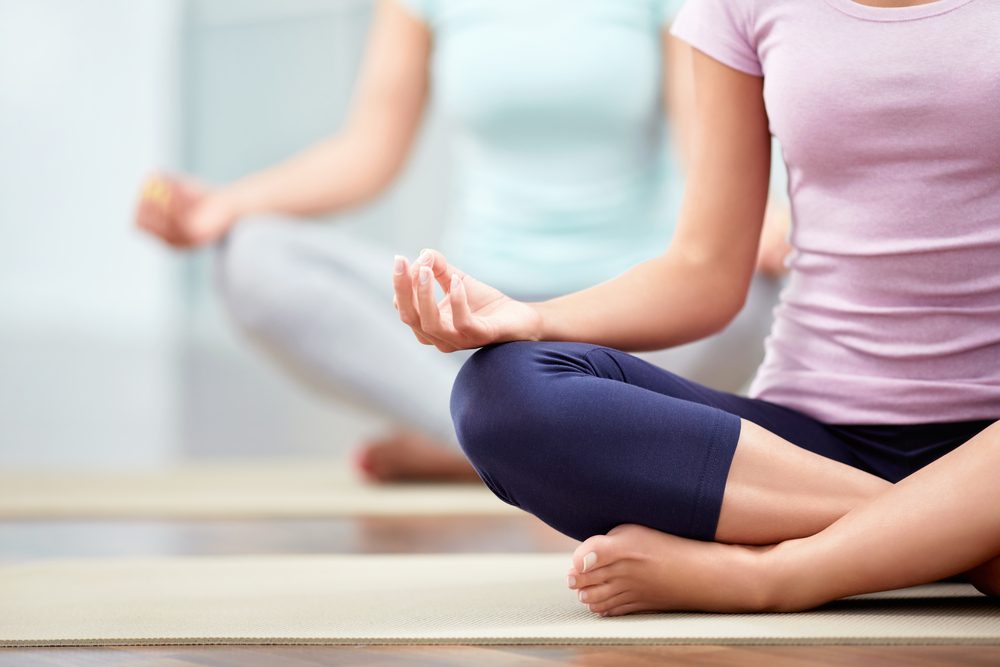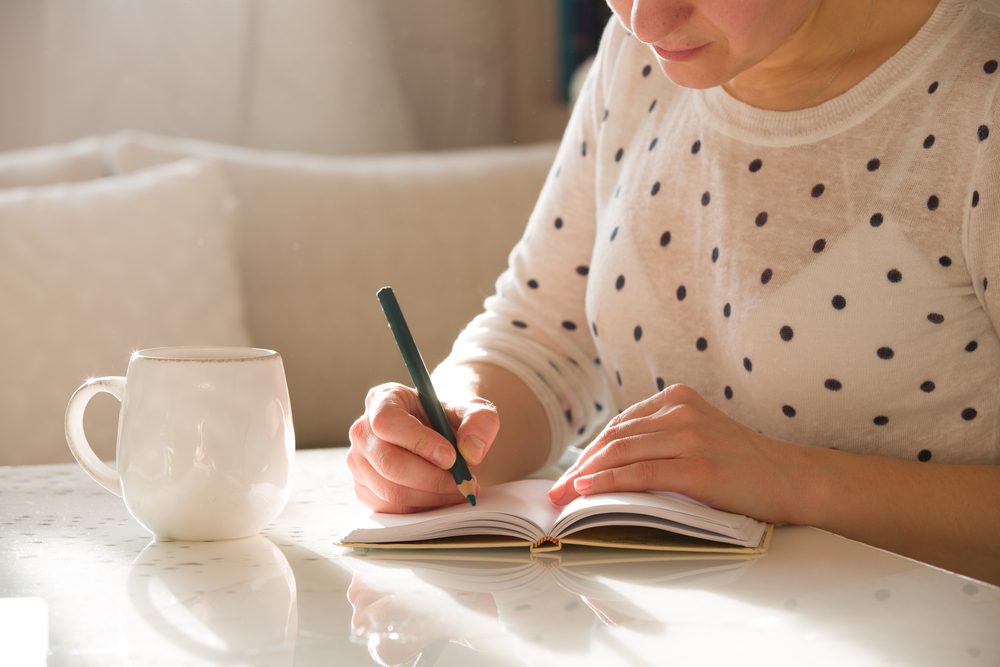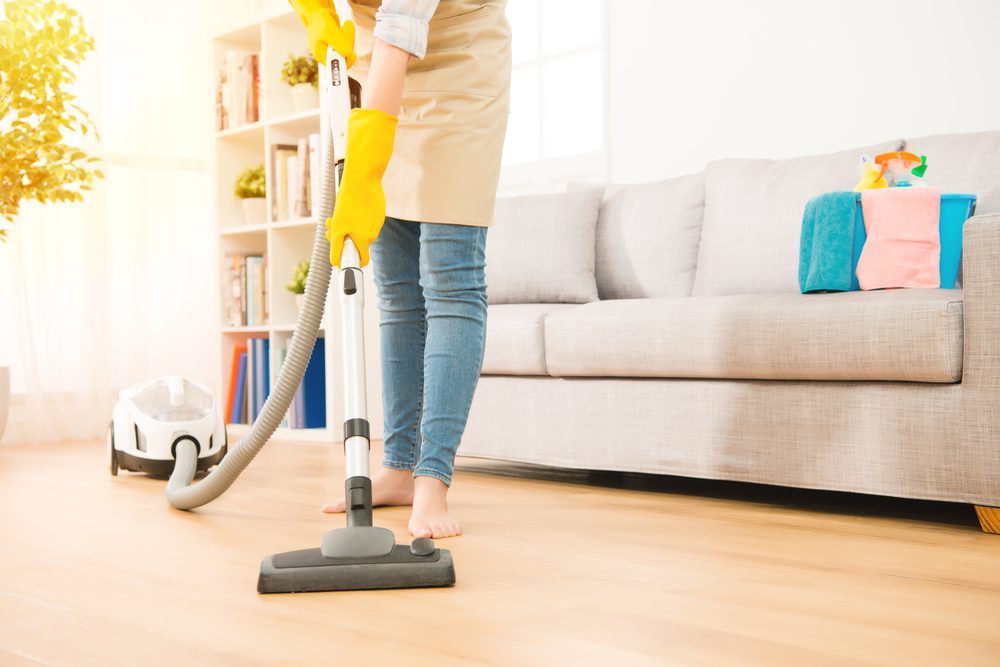
Leave your anxiety behind in 2019 by using these mind-clearing tricks. They may seem simple at a first glance, but including them in your life has the power to change everything.
Give your brain a break
The first thing you have to do is clear your mind and live in the present. Today is all you’ve got, so stop stressing out about the future. Find your zen. You probably hear these mantras every day and there’s a good reason for it.
“Our minds are designed to wander. That’s why we’re so creative, so productive,” says Jennifer Hughes, PhD, a psychologist with McGovern Medical School at UTHealth and UT Physicians in Houston.
“But when your mind is cluttered, it’s like we’re time traveling, we’re going back to the past or thinking about the future, and these thoughts can make it hard to function, be in the present moment, and enjoy the things that are in front of us.”
It’s ok to have this state of mind from time to time. Read more if you want to learn the best free-your-mind tips and tricks given by psychologists and mindfulness experts.

Learn to meditate
Meditation has the power to change your life, but first, you have to understand what this word actually stands for. Meditation helps you to train your mind, to focus and redirect your thoughts. It is also seen as a way to reduce stress and develop concentration.
“You don’t have to be sitting in a lotus position to meditate. You can create a meditative exercise in so many of your day-to-day activities,” says anxiety coach Julian Brass, author of Own Your Anxiety.
“Meditation is simply about disconnecting from your surroundings and reconnecting with yourself. The key ingredient is that you’re conscious of your breath, slowing it down so you’re calming your nervous system.”
Hughes also suggests using the Insight Timer app. where you can find more than 30,000 free guided meditations, all you have to do is find one that works for you.

Write it down
As it turns out, writing down your thoughts has proven to be one of the best clear-your-mind tricks.
“Journaling helps you analyze and organize your thoughts, which is a great way to relax your mind,” says Sanam Hafeez, PhD, a neuropsychologist and faculty member at Columbia University in New York City.
“Research suggests that expressive writing eliminates intrusive thoughts about negative events and improves working memory. These improvements may, in turn, free up our cognitive resources for other mental activities, including the ability to manage stress more effectively.”
All you need is a pen and piece of paper on which you write down everything that’s happening in your life, from work life to personal life, all the problems you encounter at work, things that make you worried, projects, promises you have to keep or even how someone close to you makes you feel.
The purpose of writing things down is to sort out your mind.

Breathe
Breathing is the main key to reaching mindfulness. Something that seems so simple, like breathing, which is an action that comes naturally to all of us, can help you relax if you learn to do it correctly.
By purposefully slowing down your breath, you force your brain to calm instantly. Try this breathing technique that allows you to inhale until you count of four and exhale ’till you count of eight.
“The longer exhale engages the calming centers of your body,” she explains.
“Do it five times anytime during the day to help you calm down and be in the present moment.”

Clean your room
Seeing your room messy can make you even more stressed and it can give you an instant bad mood. However, cleaning it is proven to decrease anxiety. A recent study published in the Mindfulness journal found that the participant who engaged in cleaning reported a reduction of nervousness and stress by 25%.
“Making your bed every morning is correlated with better productivity and a greater sense of well-being. It helps you face the day with a feeling of accomplishment, even before you brush your teeth,” says Brass.
“Life is full of uncertainty and many situations are out of our hands, but at least we can assert our will on our living space. Clutter can be visually distracting, too, and serve as a nagging reminder of tasks and chores undone” adds Darby Saxbe, an assistant professor of psychology at the University of Southern California.

Practice yoga
Yoga is very known for helping ease stress, enhancing mindfulness and reducing feelings of nervousness. For these particular reasons, yoga has proven to be very helpful for people who suffer from anxiety disorders.
These days, yoga is seen as a mainstream form of exercise, relaxation, and spiritual growth.
“Yoga is inherently a meditation because you’re pairing your breath with your movement, which creates a repetition that has a meditative effect,” explains Hughes.

High-intensity exercises
Any physical activity produces endorphins, some chemicals that form in the brain and act as natural painkillers. These endorphins improve the ability to sleep and help reducing stress. According to some studies, working out is like a medicine for both body and mind.
When it comes to exercising, the higher the intensity the better it is for your mindset.
“I swear by movement as meditation. High-intensity exercise is really important because we can get rid of that anxious energy and get more of the good energy at the same time,” explains Brass.
Besides, many studies have shown that working out can reduce the risk of depression and anxiety.

Stop multitasking
Jumping from one task to another may seem like being productive to you, but it can cost you your peace of mind. By doing many things all at once, you put so much pressure on your brain, making it hard for him to focus on each of those tasks.
“Humans are not multitaskers by nature,” says Hafeez.
“Multitasking may seem efficient on the surface, but studies have shown that multitasking actually reduces productivity and fills your mind with too much activity. Instead, go down your list of priorities and focus on one task at a time to avoid mental overload.”
Moreover, another downside of multitasking is the fact that it can easily give you anxiety. A study made at Stanford University showed how multitasking can adds stress to our daily lives, while negatively affecting our mood, motivation, and productivity.

Learn the difference between mindfulness and meditation
Mindfulness is the human ability to be fully present and aware of where you are and what are you doing, instead of being overly reactive or overwhelmed by what’s going on around you.
“Just remember that there’s a difference between mindfulness and meditation,” says Brass. “I can do the dishes mindfully, where I’m focusing on the task at hand, which can bring about a calming, meditative effect. But when we’re talking about meditation, in particular, we’re really focusing only on our breath and staying there, not letting the mind wander,” he explains.























